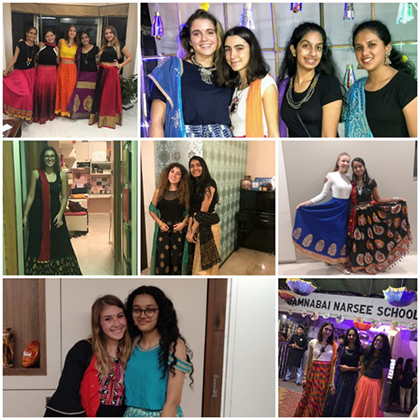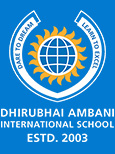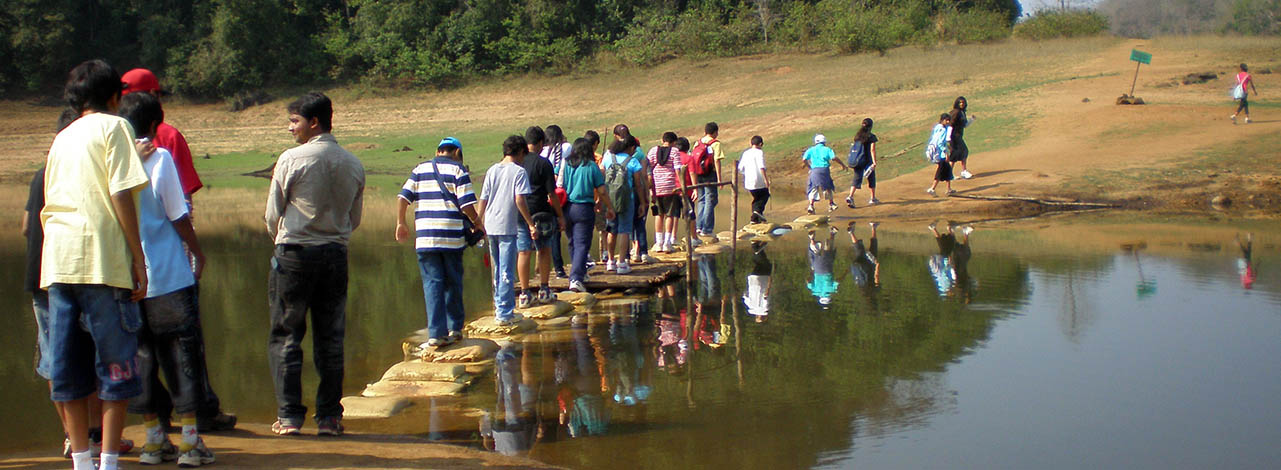Indo-Italian Exchange
This year at DAIMUN, the school and students were delighted to invite a delegation of students from Rome. The arrival of the Italian delegates was eagerly awaited by all the hosting students of DAIS, as well as their families. When they finally arrived, the initial apprehension dissipated within minutes. On the car ride home, small talk quickly developed into the exchange of traditions from our respective lives. In my personal conversation with the delegate I was hosting, we discussed a wide range of topics, including traditional Italian food, the similarities and distinctions between our educational systems, government policy, and our plans for the future. Despite the fact that the delegates arrived quite late at night, the mutual excitement overrode our fatigue, and we spent most of the night awake and talking to each other. It seemed to most of us, that this year’s DAIMUN would indeed be an enlightening and enjoyable experience.
The next afternoon, the delegation arrived at DAIS for the first time. Despite the size of the event, everything was impeccably organized, and there was only some initial confusion among the delegates. This is a credit to the hard work and perseverance of our heads and teachers, who never failed to guide us both before, and during the events. The main event on this day, was the lobbying session for the delegates in their committees. The delegates went over their agendas in great detail and began to formulate their resolutions. The members of the Press Corp started to develop ideas for publication, and we quickly bonded over our shared passion for the work, and our common purpose. For the Italian delegates, this was a particularly educational experience, since they got to see (some for the first time), not only how decisions are made in committee, but also how cultural differences lead to different trains of thought and methods of communicating ideas. They discovered the different nuances of the spoken English language in India, and there were some unexpected difficulties in expressing ideas. However, these barriers were quickly broken down, and the event proceeded very smoothly. The intense debate of a typical MUN then followed and the delegates discussed problems and crises faced by the world today in committees such as HRC, SPECCON, SPECPOL, SOCHUM, DISEC, ICJ and the Security Council. Among the topics of discussion were the North Korean missile crisis, privatization of the world’s oceans, censorship in Asian countries, the sovereignty of Hong Kong, the global energy crisis and the ICJ’s deliberations in Bolivia.
The next day, we took great pleasure in celebrating the festival of Navratri with the Roman delegates. They were very excited to learn all about the traditions and stories associated with this festival, and were surprised to learn that many Indians also fast on this occasion. We thoroughly enjoyed teaching them about our customs, showing them how to wear ‘chaniya-choli’ and how to dance in the traditional Garba style. Navratri is a very important festival to us and we were overjoyed to be able to share it with the delegates. They were fascinated by this festival and I'm sure they'll never forget it. The delegates were also given a tour of the city and shown many well-known places, from the Elephanta caves to the Dhobi Ghaat. At the Elephanta caves, many of the Italian delegates were flummoxed by the troops of wild monkeys running amok, particularly since some had never seen a monkey in real life before. They were also astonished at the intricacies of the stone carvings, and the well-preserved facades, despite thousands of years of exposure to the elements. At Dhobi Ghaat, the delegates experienced a completely different way of life, and were shocked by the poor living conditions that many people in India face on a daily basis. The next week, they were taken to a village near Nagothane where they were given the opportunity to interact with underprivileged children and the local people, and to learn more about rural life in India.

This exchange of cultural norms and practices was extremely valuable to us, and we learnt that in spite of our differences, beauty lay in our diversity. DAIMUN was an experience many of my fellow hosts and I will treasure forever. In our last few conversations with our delegates, they thanked us for the unique experience of our culture and nation, but we felt that we were the ones who should be grateful, given the lessons we learnt in hospitality, kindness and a shared humanity. The bonds created over those few days still remain intact, and many of us keep in communication with the Italian delegates we hosted. We hope the delegates who visited us know that they will always have a home away from home, both in the houses they stayed in thousands of miles from their own country, and in the hearts they touched during their stay here.
- Ananya Mukerji & Kamya Parekh

